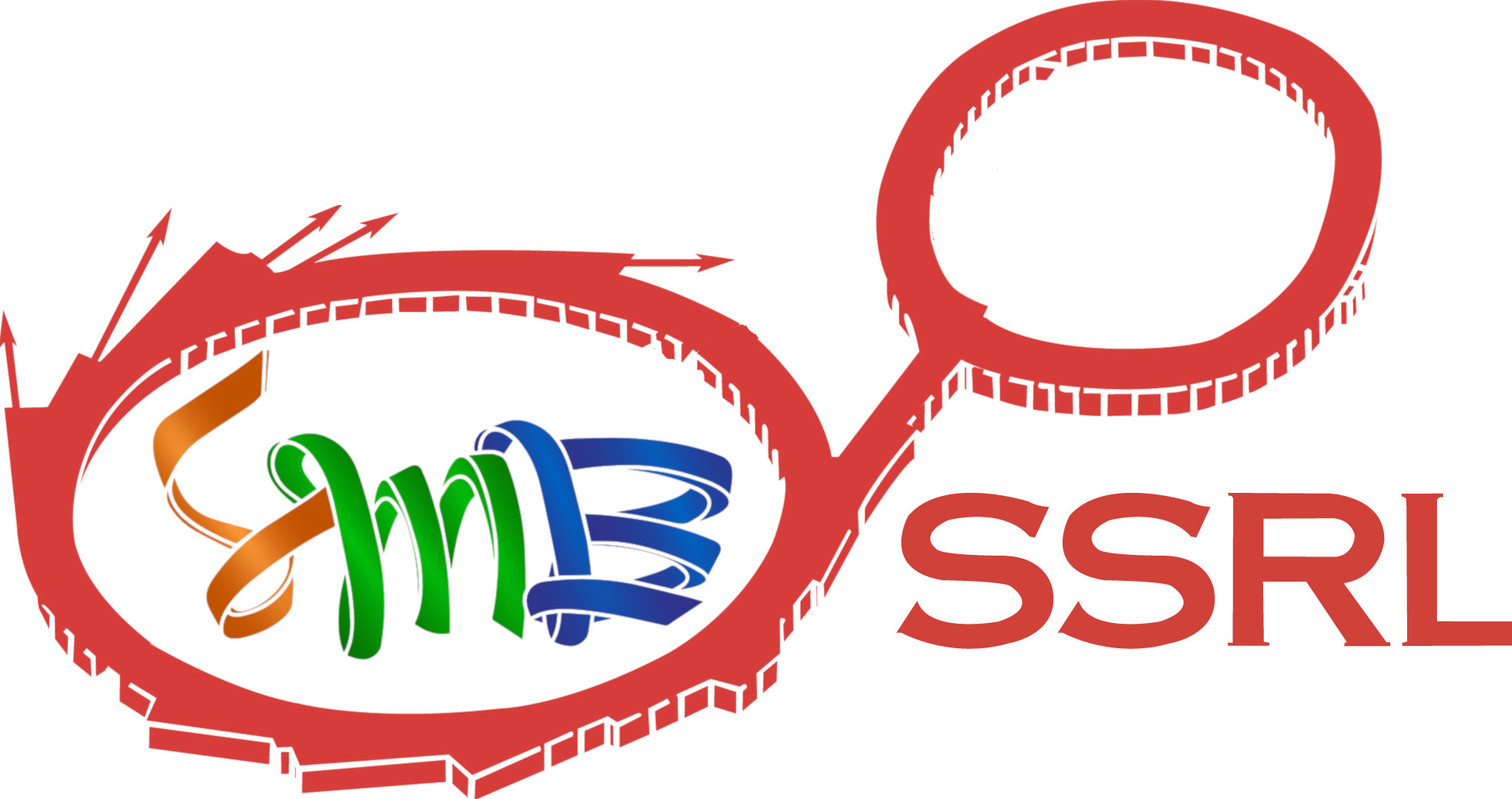dxtbx.model.beam¶
- class dxtbx.model.beam.BeamFactory[source]¶
Bases:
objectA factory class for beam objects, which encapsulate standard beam models. In cases where a full cbf description is available this will be used, otherwise simplified descriptions can be applied.
- static complex(sample_to_source, polarization_fraction, polarization_plane_normal, wavelength)[source]¶
Full access to the constructor for cases where we do know everything that we need…
- static from_dict(d, t=None)[source]¶
Convert the dictionary to a beam model
- Params:
d The dictionary of parameters t The template dictionary to use
- Returns
The beam model
- static imgCIF(cif_file)[source]¶
Initialize a detector model from an imgCIF file. N.B. the definition of the polarization plane is not completely helpful in this - it is the angle between the polarization plane and the +Y laboratory frame vector.
- static imgCIF_H(cbf_handle)[source]¶
Initialize a detector model from an imgCIF file. N.B. the definition of the polarization plane is not completely helpful in this - it is the angle between the polarization plane and the +Y laboratory frame vector. This example works from a cbf_handle, which is already configured.
- static make_beam(sample_to_source=None, wavelength=None, s0=None, unit_s0=None, divergence=None, sigma_divergence=None)[source]¶
- static make_polarized_beam(sample_to_source=None, wavelength=None, s0=None, unit_s0=None, polarization=None, polarization_fraction=None, divergence=None, sigma_divergence=None, flux=None, transmission=None)[source]¶
- static simple(wavelength)[source]¶
Construct a beam object on the principle that the beam is aligned with the +z axis, as is quite normal. Also assume the beam has polarization fraction 0.999 and is polarized in the x-z plane, unless it has a wavelength shorter than 0.05 Å in which case we assume electron diffraction and return an unpolarized beam model.





